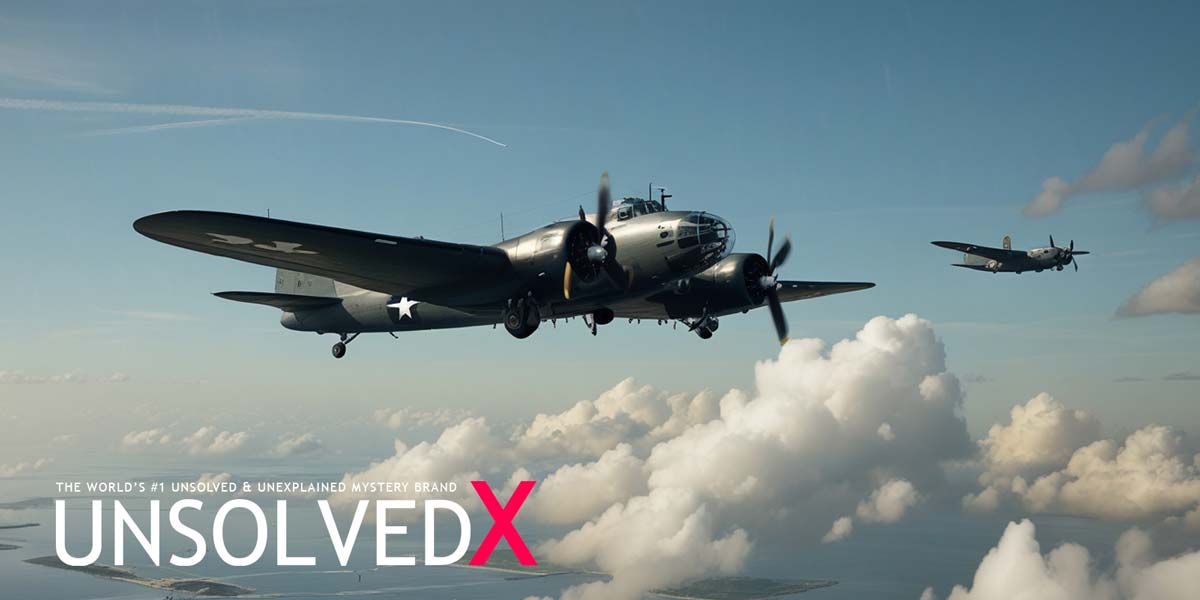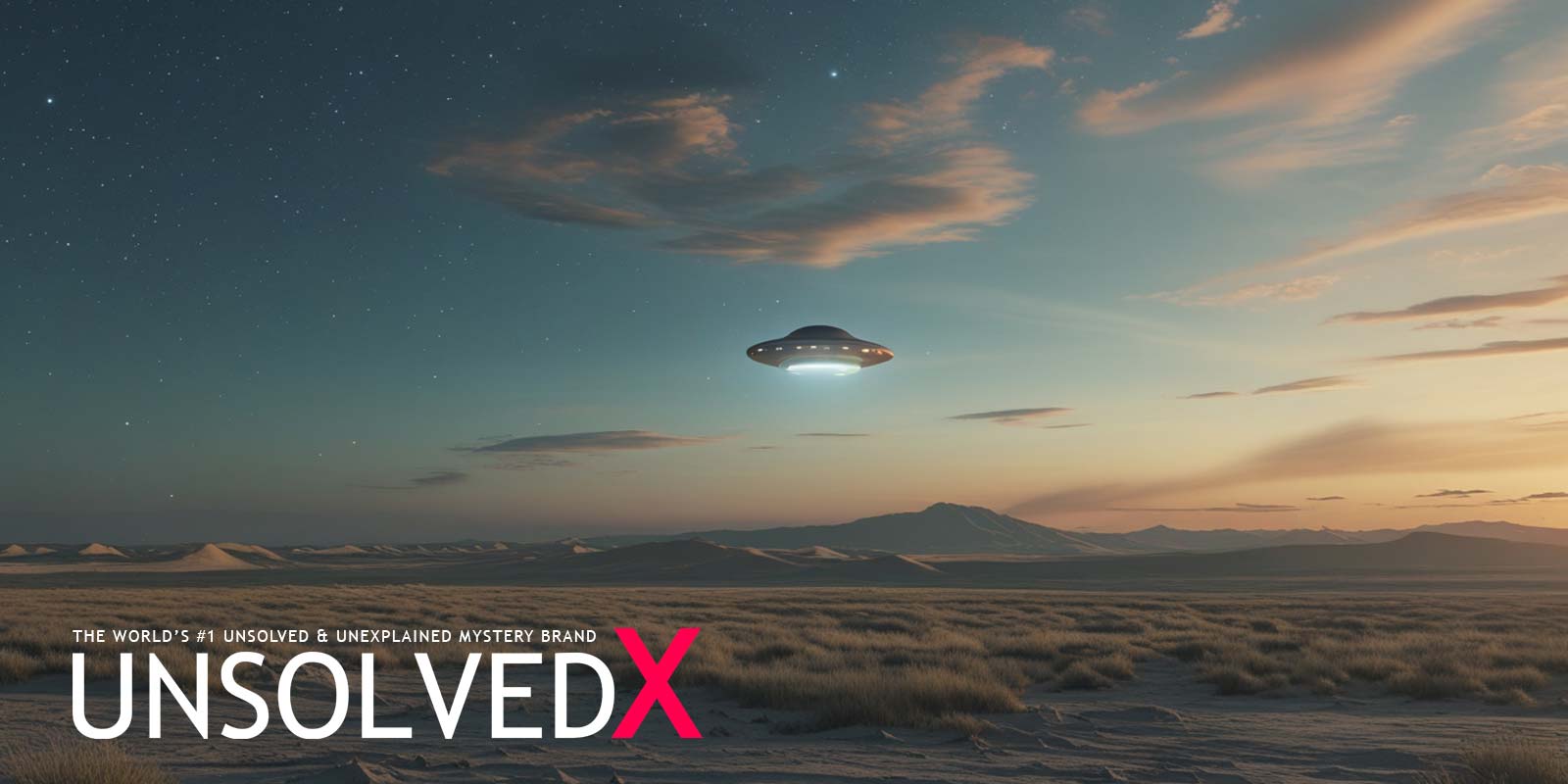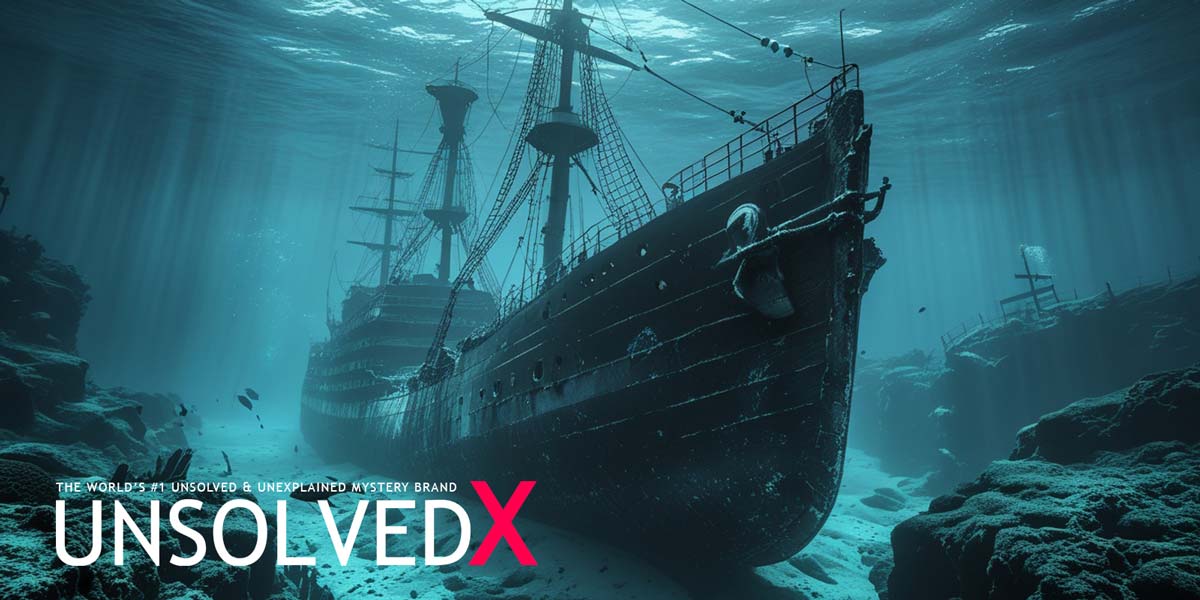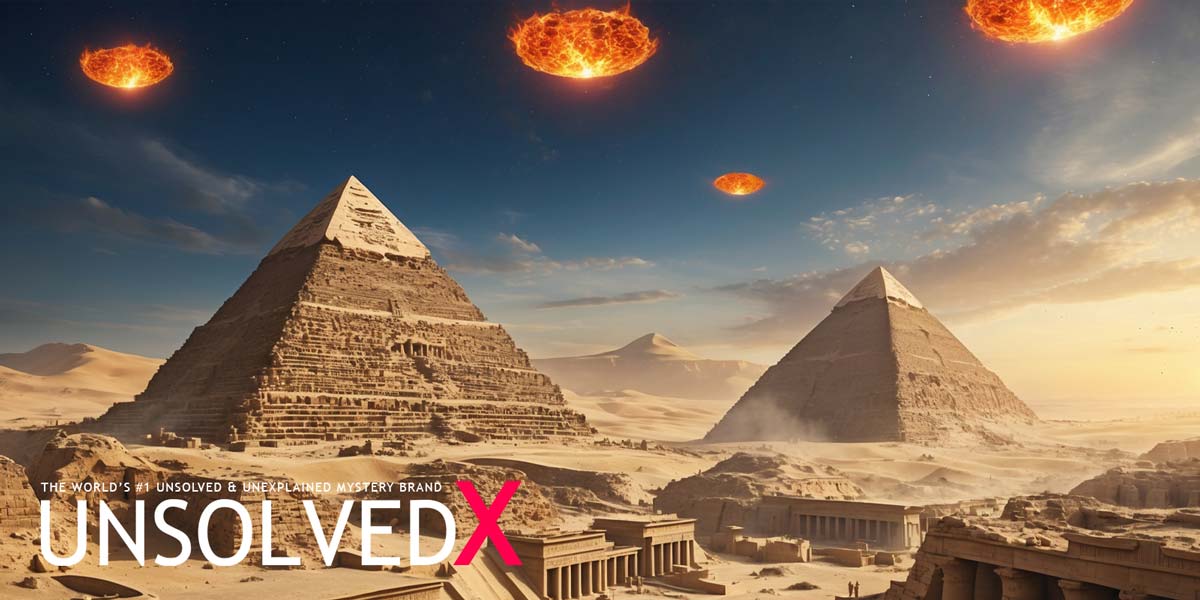The Vanishing of Flight 19: A Bermuda Triangle Enigma That Still Haunts Aviation History
On December 5, 1945, five U.S. Navy TBM Avenger torpedo bombers, collectively known as Flight 19, took off from Naval Air Station Fort Lauderdale, Florida, at 2:10 p.m. for a routine navigational training exercise. Led by Lieutenant Charles C. Taylor, a seasoned aviator with over 2,500 flying hours, the squadron consisted of 14 airmen, including trainees with around 300 hours of flight experience. The mission, dubbed “Navigation Problem No. 1,” was designed to test their overwater navigation skills. The flight plan was straightforward: fly 56 nautical miles east to Hens and Chickens Shoals for bombing practice, continue 67 miles east, turn north for 73 miles over the Bahamas, then head southwest 120 miles back to base. The weather was reported as favorable, with clear skies and mild showers, making the exercise seem routine. Yet, within hours, all five planes and their crew vanished without a trace, sparking one of the most enduring mysteries in aviation history.
The disappearance wasn’t immediately apparent. The flight completed its bombing run without incident, but trouble began around 3:45 p.m. when Taylor radioed, “Cannot see land. We seem to be off course.” Transcripts reveal growing confusion as Taylor reported both of his compasses malfunctioning, a critical issue in an era reliant on dead reckoning for navigation. He mistakenly believed the flight was over the Florida Keys, possibly confusing the Bahamas’ low-lying islands for the Keys’ similar topography. Instead of heading west toward the mainland, as standard protocol dictated for lost pilots in the region, Taylor directed the squadron northeast, deeper into the Atlantic ocean. Radio communications grew frantic, with one pilot stating, “I don’t know where we are. We must have got lost after that last turn.” By 5:50 p.m., radio triangulation placed Flight 19 approximately 50 nautical miles from 29°N, 79°W, far out to sea. The last transmission, around 7:00 p.m., suggested the planes were running low on fuel, with Taylor reportedly saying, “We’ll have to ditch unless landfall… when the first plane drops below ten gallons, we all go down together.” After that, silence.
Unraveling the Mystery: Theories and Speculation
The loss of Flight 19 triggered one of the largest search and rescue operations in history, covering over 300,000 square miles of the Atlantic Ocean and Gulf of Mexico. Despite the efforts of the Navy, Coast Guard, and Army, no wreckage, debris, or bodies were ever confirmed found. Adding to the enigma, a Martin PBM-5 Mariner flying boat, carrying 13 crew members, was dispatched from Naval Air Station Banana River at 7:27 p.m. to search for Flight 19. Within 20 minutes of takeoff, it too vanished. A merchant ship reported seeing a “burst of flame” and an oil slick near 28°N, 80°W, suggesting the Mariner exploded mid-air, possibly due to gasoline vapor accumulation in its bilges—a known issue with the model. The dual disappearance of six aircraft and 27 men in one night cemented Flight 19’s place in the Bermuda Triangle legend, a region between Florida, Bermuda, and Puerto Rico notorious for unexplained vanishings.
Numerous theories have emerged to explain the tragedy. The Navy’s initial investigation attributed the loss to human error, suggesting Taylor’s navigational mistake led the squadron astray until they ran out of fuel and ditched at sea. The Avengers’ fuel capacity allowed roughly four hours of flight, meaning they likely exhausted their tanks by 8:00 p.m. However, Taylor’s mother, unwilling to let her son bear the blame, lobbied successfully to have the report amended to “cause unknown,” fueling speculation. Some point to mechanical failure, noting the unlikely malfunction of both compasses on Taylor’s plane. Others cite environmental factors, as a storm front with 40-mile-per-hour winds and turbulent seas rolled in by evening, potentially disorienting the pilots or complicating a water landing. The Avengers were notoriously difficult to ditch safely, often breaking apart on impact. More fantastical explanations, popularized by writers like Vincent Gaddis and Charles Berlitz, link the disappearance to the Bermuda Triangle’s supposed supernatural forces, including magnetic anomalies, alien abductions, or even the lost city of Atlantis. Despite extensive searches, including a 1992 expedition that found debris on the ocean floor and a 2015 claim of a wrecked Avenger near Sebastian, Florida, no definitive evidence has confirmed the fate of Flight 19.
Legacy and Lingering Questions
Flight 19’s disappearance profoundly impacted popular culture, becoming a cornerstone of the Bermuda Triangle mythos. It inspired books, documentaries, and even a scene in Steven Spielberg’s 1977 film Close Encounters of the Third Kind, where the Avengers are found in the Sonoran Desert, implying extraterrestrial involvement. The mystery also prompted improvements in aviation safety, including better navigational tools and search and rescue protocols. Yet, the lack of concrete answers keeps the case alive in the public imagination. Why didn’t Taylor switch to the rescue radio frequency, despite instructions to do so? Why did none of the pilots use their planes’ ZBX receivers to locate Navy radio towers? And why, despite Taylor’s reported reluctance to lead the mission—arriving late to the briefing and requesting to be excused—did he proceed? These questions, coupled with the absence of wreckage, ensure Flight 19 remains a tantalizing puzzle.
Skeptics argue the mystery is overstated, noting that the Bermuda Triangle sees no more disappearances than other heavily trafficked oceanic regions. Author Larry Kusche, in his book The Disappearance of Flight 19, concluded that Taylor’s series of errors, compounded by bad weather and limited technology, led to the tragedy. Yet, even grounded explanations can’t fully dispel the eerie circumstances. For instance, a 2014 theory by aviation sleuths Jon Myhre and Andy Marocco suggested one of Flight 19’s planes was found in the Everglades in 1989, based on its TBM Avenger-3 model and a size 11-12 shoe heel matching Taylor’s stature. The Navy, however, has no record of another missing Avenger in that period, and the claim remains unverified. Similarly, a 2021 History Channel documentary explored an Avenger wreck off Florida’s coast, but researchers cautioned that hundreds of similar aircraft were lost in the region, making identification uncertain. Until definitive evidence surfaces, Flight 19 endures as a haunting reminder of the ocean’s vast unknowns, where even the most routine missions can vanish into history’s shadows.










Comments
Comments section coming soon!